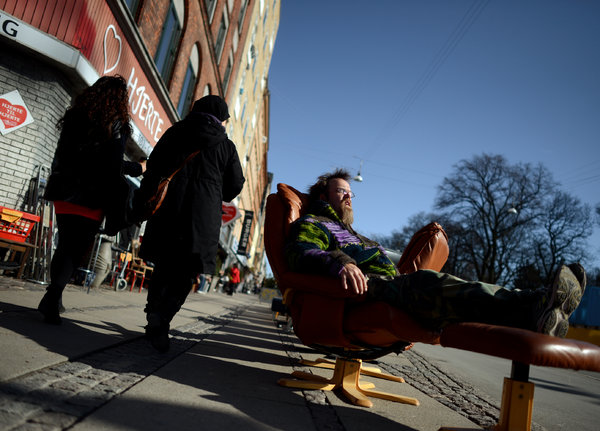Pro-Family Delegations Outmaneuver U.S. and EU
It was amazing. The U.S. and the EU usually resort to all sorts of tricks to get their way at UN negotiations. This time, they were diplomatically outmaneuvered by a united African front, along with delegations from all over the world. It is despicable that the Biden administration and the European Union were willing to sacrifice a document on education over perverted notions of sexuality. We are also pleased to report that Hungary and Poland pushed back on EU efforts to redefine gender in a pending treaty on crimes against humanity. This is refreshing news. We have been critical of both delegations for their unwillingness to break the EU consensus on sexual matters. Well, here is a time they did.
More From C-FAM:
More From C-FAM:













